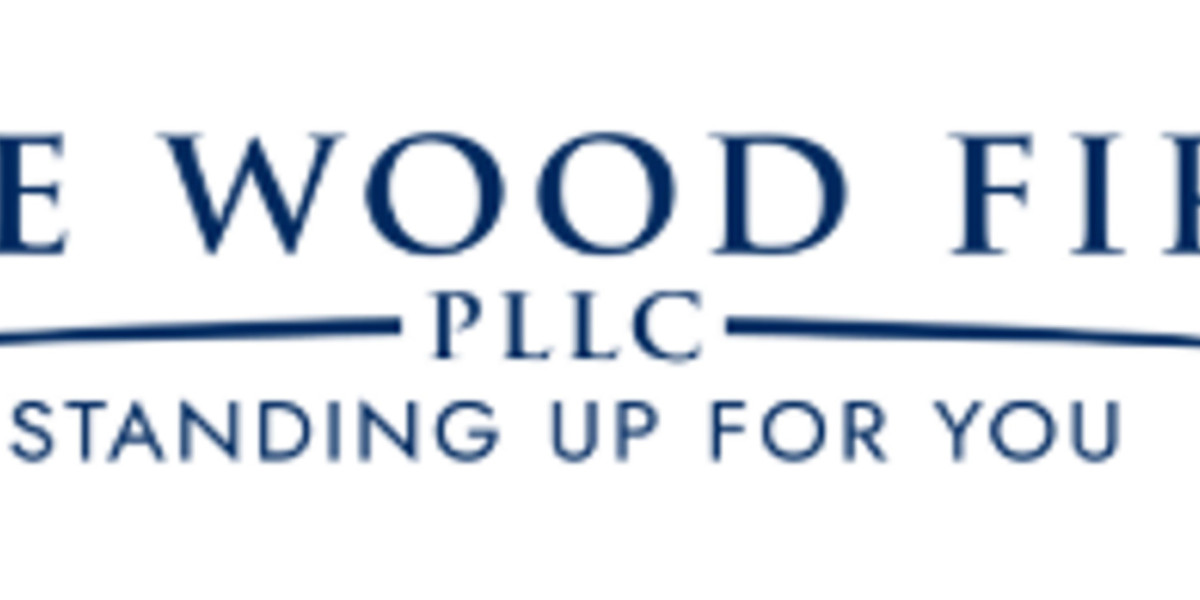Debt collection can be a stressful and overwhelming experience. Many individuals face repeated phone calls, threatening letters, and constant pressure from collection agencies. While it can feel isolating, it is important to remember that you have legal protections designed to prevent harassment by debt collectors. Understanding your rights can help you respond effectively and regain control over your financial life.
When dealing with debt collectors, it is crucial to recognize what constitutes illegal behavior. Credit Adjustment Bureau Debt Collection Harassment is a serious concern for many consumers. This term refers to actions by debt collectors that violate federal or state laws, including excessive phone calls, threats, or misleading statements intended to coerce payment. Being aware of these behaviors can empower you to take action and protect your rights.
What Constitutes Debt Collection Harassment?
Debt collection harassment goes beyond regular reminders to pay your debts. The Fair Debt Collection Practices Act (FDCPA) outlines behaviors that are considered unlawful:
Frequent and Repeated Calls: Contacting you multiple times a day or week with the intention of intimidating or annoying.
Threats of Violence or Legal Action: Claiming false legal consequences or using intimidation tactics to force payment.
Misrepresentation: Lying about the amount owed or pretending to be an attorney or government official.
Public Shaming: Discussing your debt with friends, family, or coworkers to embarrass you.
Unlawful Communication: Contacting you at unusual hours, such as very early in the morning or late at night.
Understanding these behaviors can help you identify when a debt collector is crossing legal boundaries.
Steps to Protect Yourself
If you believe you are experiencing harassment, there are several steps you can take to safeguard your rights:
1. Keep Detailed Records
Document every interaction with the debt collector. Include dates, times, the nature of the communication, and the name of the person contacting you. This documentation can be critical if you need to file a complaint or take legal action.
2. Request Written Communication
You have the right to request that all communications from the debt collector be in writing. Sending a written request can help reduce harassment and create a paper trail for your records.
3. Verify the Debt
Always verify the legitimacy of the debt before making any payments. Collection agencies are required to provide proof of the debt upon request. This protects you from paying fraudulent or incorrect claims.
4. Know Your Rights Under the FDCPA
Familiarize yourself with federal laws regarding debt collection. The FDCPA prohibits abusive, deceptive, or unfair practices. If a debt collector violates these rules, you may be entitled to damages and legal recourse.
5. Report Violations
If you experience harassment, report it to the Consumer Financial Protection Bureau (CFPB) or your state attorney general’s office. These agencies investigate complaints and enforce laws designed to protect consumers.
Legal Recourse for Harassment
Victims of debt collection harassment have several legal options. You may be able to sue the collector for damages if they violate federal or state laws. Compensation can cover actual damages, emotional distress, and even statutory penalties. Consulting with an attorney who specializes in consumer protection can help you understand your rights and navigate the legal process.
Additionally, some states have laws that provide stronger protections than federal law. These laws may limit the number of calls, require specific disclosure statements, or impose higher penalties for harassment. Knowing both your federal and state rights ensures you are fully informed when dealing with aggressive collection practices.
Preventing Future Issues
Preventing debt collection harassment begins with proactive financial management. Consider the following strategies:
Maintain Accurate Records: Keep copies of bills, statements, and correspondence with creditors.
Communicate Early: If you face financial difficulty, contact your creditors proactively to negotiate payment plans.
Monitor Your Credit: Regularly check your credit report for inaccuracies or unexpected collections.
Understand Your Contracts: Be aware of the terms of any loans, credit cards, or lines of credit to avoid surprises that could lead to collection action.
Being proactive can reduce stress and minimize the likelihood of experiencing aggressive debt collection tactics.
Conclusion
Debt collection harassment is a serious issue, but you have the right to stand up for yourself. By recognizing illegal behavior, documenting interactions, requesting written communication, and understanding your rights, you can effectively protect yourself. Remember that Credit Adjustment Bureau Debt Collection Harassment is not something you have to endure silently. Legal protections exist to help you regain control and ensure fair treatment by debt collectors. Staying informed and proactive is the best defense against harassment and undue stress.








